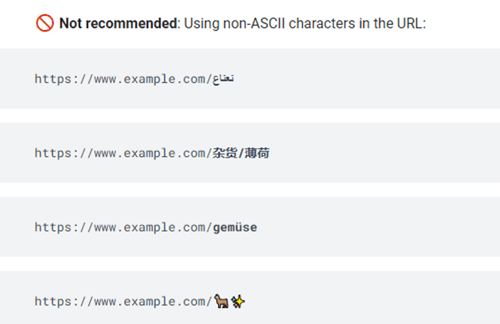You’ve no doubt heard the recent news that Twitter is rebranding as X. And if you’ve updated the app on your phone, you can now see the bird has been replaced by the new logo and name.
The latest development in the ongoing drama that is Twitter (er, X) has us fielding questions from clients on what to do now. Our advice? Nothing.
Ever since Elon Musk took over Twitter in October 2022, the company has been incredibly volatile. From mass layoffs to an advertiser exodus to server crashes to whatever the heck happened to the blue checkmark, it’s difficult to tell what will happen from one week to the next. Even the new name could be grounds for a copyright lawsuit.
Most nonprofits have bigger fish to fry than focusing their attention on X. Think about it: What’s more important?
- Staying on top of X vs. securing a match for Giving Tuesday
- Staying on top of X vs. running an SEO audit to evaluate your website
- Staying on top of X vs. … you get the idea
Twitter was never a great source for fundraising nor was it a great investment for nonprofits in paid media. The same will still be true for X.
Still need help with GA4?
It’s been more than a month since Google officially switched over to Google Analytics 4. If you haven’t set up your account, you’re running out of time to gather much-needed data from your website.
Here’s our complete guide to GA4 migration, complete with a checklist designed specifically for nonprofits.
Don’t miss this virtual summit on AI
Fundraising.AI continues to do outstanding work to establish ethical guidelines and principles that govern the responsible use of data by artificial intelligence systems. This work is critical to continue building trust in the nonprofit sector.
In July, the organization unveiled its Framework Toward Responsible AI for Fundraising. The framework is built around 10 tenets that specifically address the use of AI in fundraising.
Next up, Fundraising.AI is hosting a Virtual Global Summit on Oct. 23-24, featuring more than 30 speakers. This free event promises to be the largest gathering of nonprofit and for-profit professionals and organizations to explore the role of Responsible AI in fundraising.
This is an important conversation for all of us, and we recommend signing up today.
Apple’s iOS 17 is more restrictive than we thought
In last month’s post, we shared that Apple’s iOS 17 would automatically strip out personal identifiers and “fingerprinting” in URLs. At the time, it was unclear how much this would affect attribution and tracking.
Well, it’s worse than we thought.
iOS17 is still in beta testing, but early indications are that tracking parameters from HubSpot, Facebook, Google, Mailchimp, Adobe Marketo and more will be stripped out of URLs on all Apple devices.
These changes are great for data privacy, but not so great for marketers. This puts even more emphasis on the use of first-party data.
Don’t use emojis in your URLs
This may seem like a no-brainer, but the fact that Google put out new guidelines to address it tells us that at least someone has tried it.
Jokes aside, Google is providing useful best practices for structuring website URLs. These recommendations suggest keeping URLs as simple and straightforward as possible to maximize your SEO results. You should structure your website in a way that makes sense to humans, not bots.
And, of course, don’t use emojis.

Google still tinkering with Search updates
In July, we saw lots of volatility in Google’s search results. In the past, this has indicated that a new algorithm update is around the corner.
Google recently unveiled its new Search Generative Experience (SGE), which allows users to ask questions to which generative AI responds. Initially, SGE results featured zero links, but they’re now testing the inclusion of links.

Also, Google recently announced an upcoming change to its Core Web Vitals. This falls in line with the company’s ongoing efforts to emphasize website performance.
Don’t be surprised if you see a new algorithm update next.






Leave a comment: